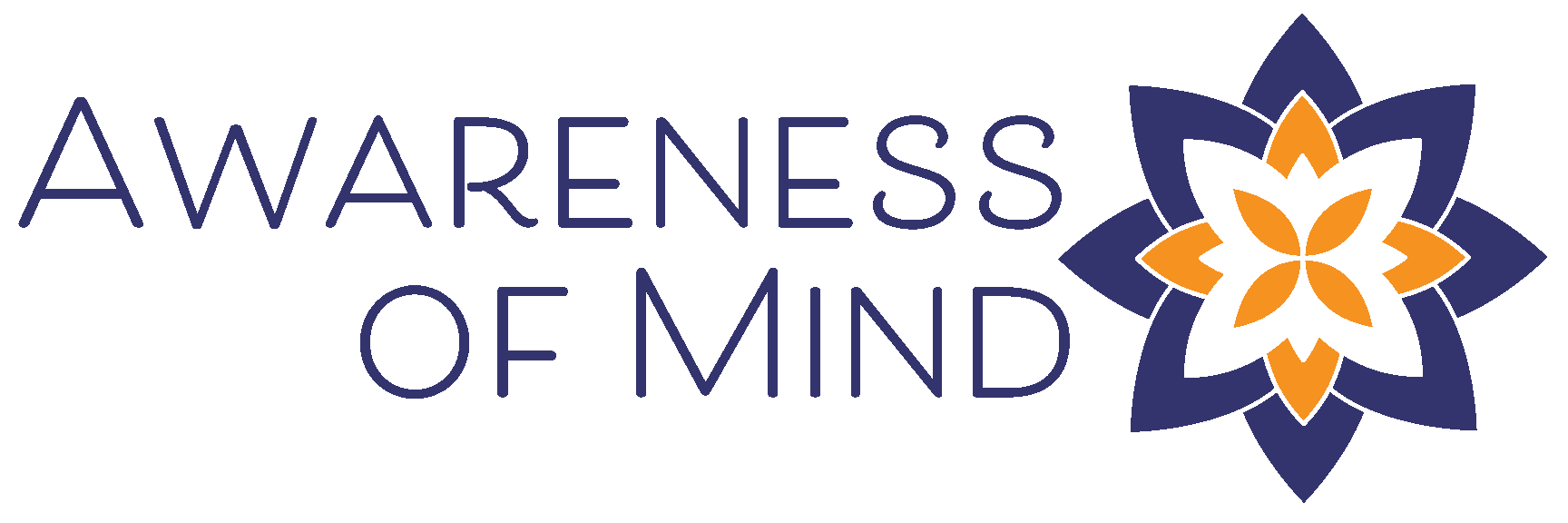We have all experienced a situation in which afterwards thoughts arise about how “I should have done this differently”, or “I could have done that”, or “I wish I would have done this”. You know what I am talking about.
There are times in which reflecting about how to approach a situation or project or problem differently is healthy. Taking the time to consider what has been learned. When we learn through experience, wisdom may be gained.
Like most things in life, it is a balance. Having the mindset “Should’ve, Could’ve, Would’ve” too often can be detrimental to our mindset and ability to accept and be present in the moment. When one spends time considering “should’ve, could’ve, would’ve”, the focus is the past. When our mind is in the past, there is less awareness of the beauty of what is happening right now in this present moment.
Mindfulness is being aware of the present moment without judgement. It is tuning into our own physical senses of the body and the elements around us to engage fully in the moment of life that is happening right now. Non-judgement refers to the idea that one notices what is happening in the moment and remains neutral. The nature of our lives leads us to judge things as good or bad, I want or don’t want, yes or no. I could have done this or should have done that. To be nonjudgemental is to be neutral like the best sports referee you’ve ever seen.
Acceptance
In order to practice non-judgement, acceptance is beneficial. To accept is to let go of resistance, to stay with something, to practice awareness. Accepting something means we see what is; this is not the same as approval.
Acceptance actually has a positive effect on the brain. A National Center for Biotechnology Information research study found these positive effects:
- Increased activity in the left insular cortex, the area of the brain responsible for sensory processing, decision-making, and motor control.
- Increased activity in the right prefrontal gyrus, the area of the brain that helps one maintain focus and coherence during speech production.
Come back to the statements so many of us have heard ourselves say over the years, “should’ve, could’ve, would’ve”. If one finds themselves in a continual loop of thinking “I should have done this differently”, there is little acceptance in this statement. Rather the focus is on the past and trying to change it. To shift our minds from what could have been done differently to a mindset of acceptance, there is more opportunity for the mind and body to be open, to see clearly, to feel what is happening right now.
What is your mindset? The next time “should’ve, could’ve, would’ve” arises in your mind, use it as an opportunity to pause and reflect on whether this is a healthy conversation and thought pattern to have or if it would be a good exercise in acceptance. Acceptance is not only healthy for the brain but also helps us live life more presently right now.
Photo Credit: Photo by Toa Heftiba on Unsplash
